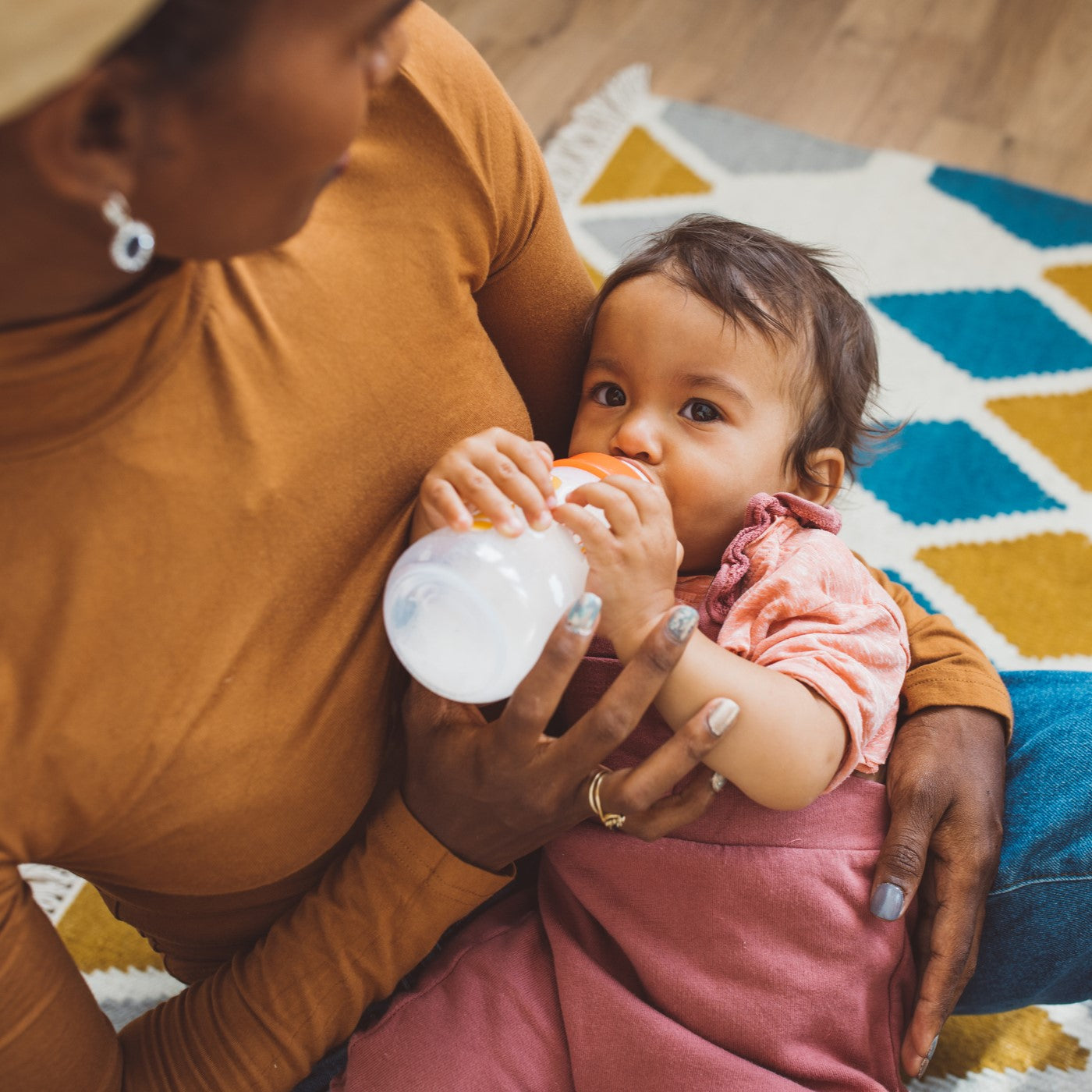When your little one is unwell, it can turn your world upside down. The usual routines are disrupted, and you're juggling caring for a sick child, other family members, and your own needs.
This guide is here to help! It's packed with practical advice for surviving sick days with little kids.
You'll learn how to recognize when your child is too sick for school, what you should do, and we’ll share tips on creating a comforting environment for your sick toddler.
From hydration and nutrition to administering medication, we at Motherhood got you covered.
This guide is your ally in navigating the challenging terrain of your child's sick days.
Recognizing When Your Child is Too Sick for School
Knowing when to keep your child home from school is crucial as it's a balance between their health and their education. Common symptoms like a runny nose or mild cough may not warrant a sick day, but a high fever, vomiting, or severe coughing are clear signs to stay home.
Remember, your child's illness can spread to others at school and it's best to err on the side of caution.
You can always consult your pediatrician if you're unsure. They can provide guidance based on your child's symptoms and overall health. Understanding when your child is too sick for school helps everyone stay healthier.
Creating a Comforting Sick Day Environment
A comforting environment can help your child feel better, so let’s start by ensuring their room is at a comfortable temperature.
Soft, clean bedding can make a big difference, and consider adding their favorite blanket or stuffed animal for extra comfort.
A humidifier can help with respiratory symptoms because it adds moisture to the air and can ease coughing and congestion. Be sure to keep the room quiet and dimly lit as this encourages rest and recovery.
Remember, a comforting environment is key to surviving sick days with little kids.
Essential Tips for Hydration and Nutrition
Hydration is essential when your child is sick because it helps replace fluids lost due to fever or vomiting. Offer water, clear broths, or electrolyte solutions, and avoid sugary drinks as they can worsen diarrhea.
Nutrition is equally important. Your child may have a reduced appetite, but they still need nutrients for recovery.
Here are some easy-to-digest foods to consider:
- Rice
- Bananas
- Applesauce
- Toast
- Chicken soup
Remember, hydration and nutrition are key to helping your child recover from a sick day.
Administering Medication: A Parent's Guide
Administering medication to a sick toddler can be challenging so it's important to be patient and calm. Always be sure to follow the correct dosage for any medication. If your child resists, try mixing the medicine with a small amount of juice which can help it to go down easier, and taste better!
Refrain from referring to medication as candy because this can lead to accidental ingestion.
Remember, the goal is to make your child feel better. Be gentle, patient, and reassuring.
Keeping Germs at Bay: Hygiene and Cleanliness
Hygiene is crucial during sick days because it helps prevent the spread of germs to others.
Regular handwashing is a must! Teach your child to wash hands properly and frequently and make sure you're sanitizing common areas and items. This includes toys, doorknobs








